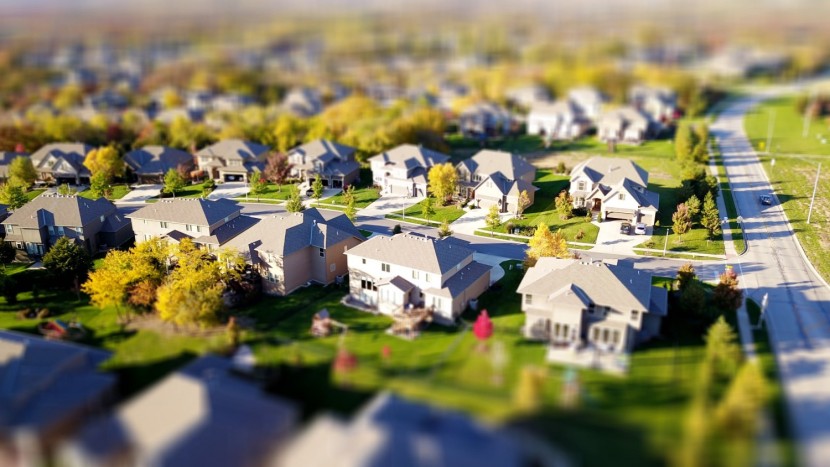
The real estate market is experiencing a massive wave of growth, despite overall economic uncertainty. Some experts predict that this momentum in real estate activity could last for years to come; as usual, there are also some naysayers who say this growth is short-lived and that we should be preparing for downtown in the near future.
Why is the real estate market seeing higher prices and higher levels of activity? And could this continue to be sustained?
Low Interest Rates
One of the biggest factors for increased activity is the prevalence of historically low interest rates. In an effort to promote economic recovery, the Federal Reserve has set interest rates as low as possible. In response, many lending institutions are lowering the interest rates they offer to consumers-and simultaneously are making it easier to get a loan.
As a result, what we have are some of the lowest mortgage rates we've seen in decades, with home loans being approved consistently. This combination of factors incentivizes buyers to move quickly; they don't want to miss out on these favorable conditions.
Reasonable Inventory
Real estate market fluctuations are all about supply and demand. Lower interest rates and higher loan availability are all about the demand side; more people are buying homes, which tends to push prices higher. But what about the supply side?
Despite an overall influx of interested buyers, supply remains reasonable in most areas. There are ample homes for the people who want to buy them, resulting in a balance where real estate activity increases without major fluctuation in price.
Periods of Transition
Many people in the United States (and around the world, for that matter) are undergoing a period of transition. They're working from home for the first time, and believe they could be working from home permanently. They've seen the ways their city and state have handled the pandemic, and are beginning to have second thoughts about living there. They're unemployed and are interested in looking for opportunities elsewhere.
In all these situations, existing homeowners are becoming interested in selling their homes as quickly as possible and moving to a new, more favorable location. Because this is happening more frequently, we're seeing more real estate transactions in total.
Perception of Good Deals
People are also optimistic about the deals they're seeing on the market. Though home prices have risen steadily for more than a decade, the combination of low interest rates and positioning for future growth lead many homebuyers to believe they have many good deals to choose from. These good deals certainly do exist, but the perception often matters more than the reality; and in this case, consumer optimism is fueling growth as much as (or even more than) actual home values.
Rise of the Millennials
It's also worth noting that historically, millennials have bought far fewer homes than the generations that came before them. There are many popular explanations for this, including the fact that millennials grew up witnessing the 2008 economic collapse-which was driven by a housing bubble. Accordingly, they may be more skeptical about the value of homes and home purchases.
However, in the wake of the COVID-19 pandemic, housing prices have remained resilient, and in some cases, have dropped slightly. Simultaneously, millennials are finding their way into more stable and long-lasting careers. These factors are pushing millennials to buy more homes, almost as a way of making up for lost time.
Every Neighborhood Is Different
These observations are meant to apply to the United States as a whole. However, it's important to note that every neighborhood is different, and whether you're interested in buying or selling a home, you have to understand local market dynamics before you make any kind of big decision.
Local differences are most obvious during times of great volatility. During the housing market crash of 2007, for example, high-priced markets like San Francisco saw their home prices plummet to a fraction of what they were valued just weeks previous. However, lower-priced markets like rural areas in the Midwest saw home prices that barely budged.
Today, you may be able to find cities where home prices are so high, they're practically unaffordable-and they could even be considered in "bubble" territory. But you can also find areas where home prices are dirt cheap and inventory is substantial.
The Future of the Real Estate Market
It's almost impossible to predict where the housing market goes from here. Real estate activity could increase further as people ride this momentum, pushing housing prices higher and shifting things into a seller's market. But we could also see the reverse happen, with falling prices and lower consumer interest. It all depends on how the economy develops from here and how confident consumers are in the future.
© 2026 HNGN, All rights reserved. Do not reproduce without permission.








